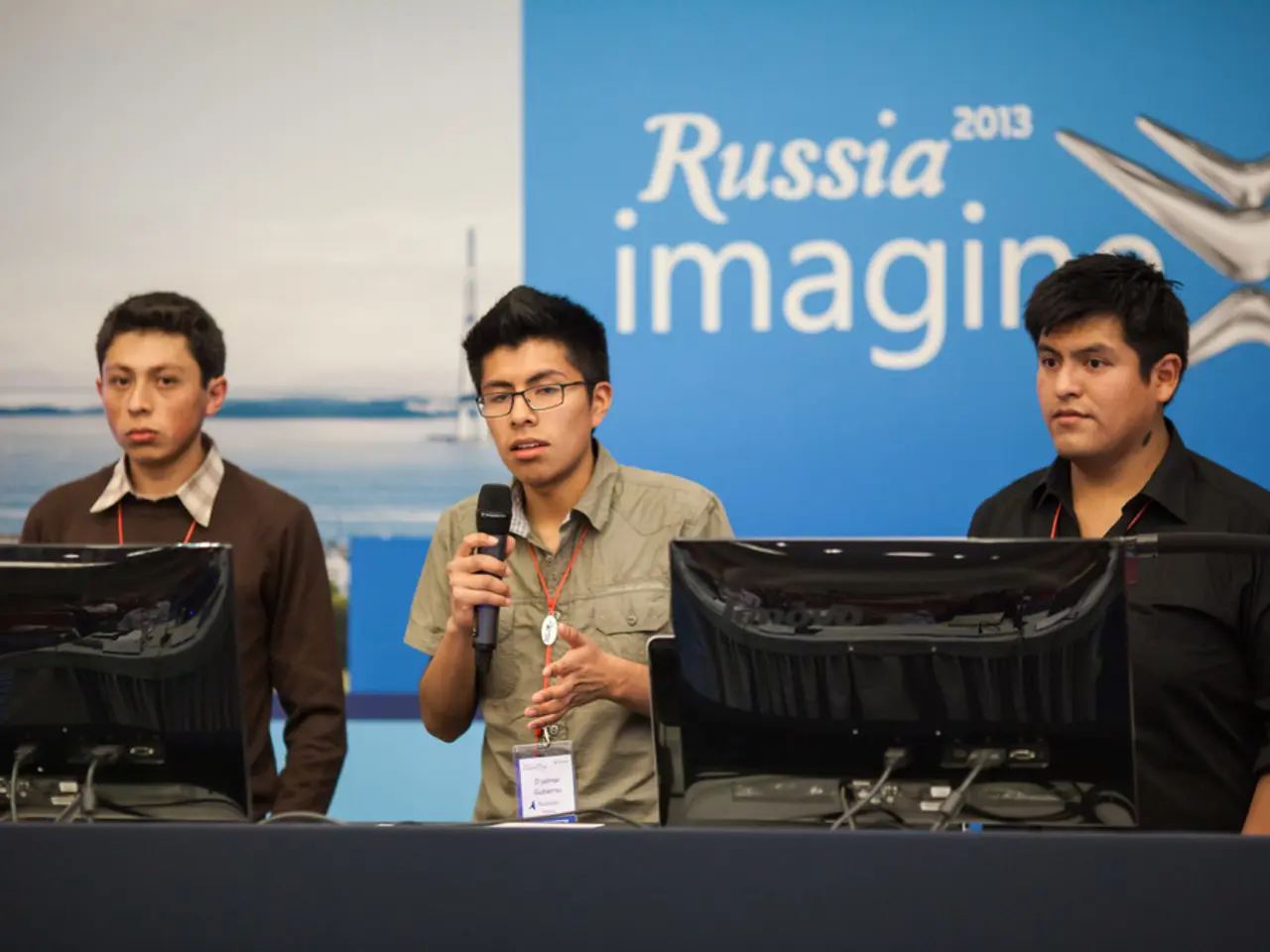"Windows 10 Continues to Operate on Numerous Personal Computers (PCs)"
In the tech world, October 14, 2025, marks a significant date for millions of PC users in Germany. Microsoft is retiring Windows 10, ending support for the popular operating system, and this move could pose potential risks for those who fail to upgrade on time.
According to statistics, approximately 27.4 million PCs in Germany are still using Windows 10, accounting for nearly 57% of all Windows computers. Ranjit Atwal, Senior Director Analyst at Gartner, expects increased economic and geopolitical risks to lead to a "period of uncertainty" in PC purchases. This uncertainty may result in fire sales in the second half of the year, as manufacturers try to clear their excess stock.
The end of support for Windows 10 means no more free updates to patch newly discovered vulnerabilities. Users in Germany still running outdated versions of Windows 10 face significant risks after its support ends. They may experience exposure to security vulnerabilities, lack of security patches, software incompatibility, and potential system instability. Since Microsoft will cease all technical support and updates, these systems may become increasingly vulnerable to malware, ransomware, and cyberattacks, which can compromise data security and disrupt operations.
The main risks for users running Windows 10 past the end of support date are no security updates or bug fixes, software and hardware incompatibility, and lack of technical assistance. Alexander Opel, an IT security expert at Eset, warns that using an outdated operating system is like playing Russian roulette with data.
However, there are alternatives and mitigation options for German users. Upgrading to Windows 11 is the most secure and supported option, but may require hardware that meets Windows 11 specs. This is the most viable solution, but not all users may be able to afford a new PC.
Services like Windows 365 or Azure Virtual Desktop enable users to access Windows 11 or supported environments virtually on unsupported hardware, extending usability without a full device upgrade. Third-party security solutions, such as the 0patch agent, offer unofficial security patches for Windows 10 beyond its official end of life, reducing risks temporarily.
Staying on Windows 10 with caution is technically possible but not recommended due to growing security risks and eventual software obsolescence. The Federal Office for Information Security (BSI) recommends switching to alternative operating systems, such as macOS for Apple's Macintosh computers or the free Linux system.
As of November 2024, approximately 17.9 million PCs in Germany have already installed Windows 11, an increase of eight percent. Millions of private users and IT managers in companies and authorities have protected their computers in time, but many others have yet to act. Cybercriminals are reportedly ready to exploit vulnerabilities as soon as support for Windows 10 ends.
Microsoft offers an additional year of Extended Security Updates (ESU) for $30 to private users and commercial customers, a novelty as support extensions for Windows have only been available for businesses in the past. However, IT security expert Opel from Eset advises against purchasing Extended Security Updates, as it only delays the upgrade and may not be cost-effective for many organizations.
In summary, German users still on Windows 10 should plan migration strategies before the mid-October 2025 EOL date to avoid security and compatibility risks, with upgrading to Windows 11 or leveraging cloud-based Windows environments as viable alternatives. Playing it safe is crucial in the digital age, and upgrading your operating system is one of the best ways to ensure your data remains secure.
Users in Germany still running Windows 10 after October 14, 2025, may be vulnerable to cybersecurity threats due to the lack of technology updates. The end of support for Windows 10 could expose systems to malware, ransomware, and cyberattacks, potentially compromising data security.




